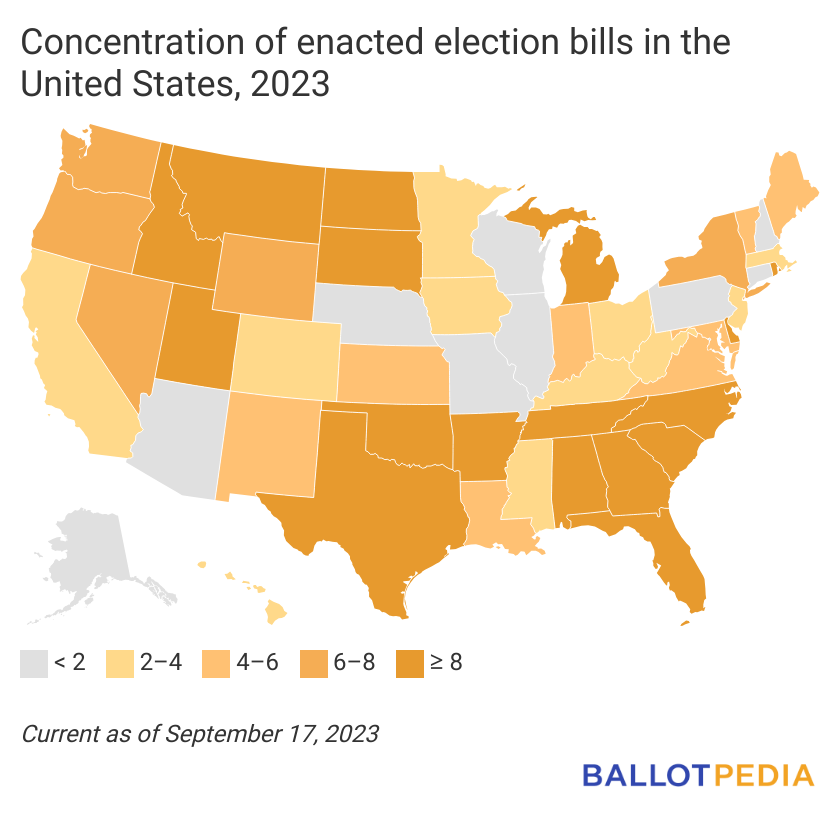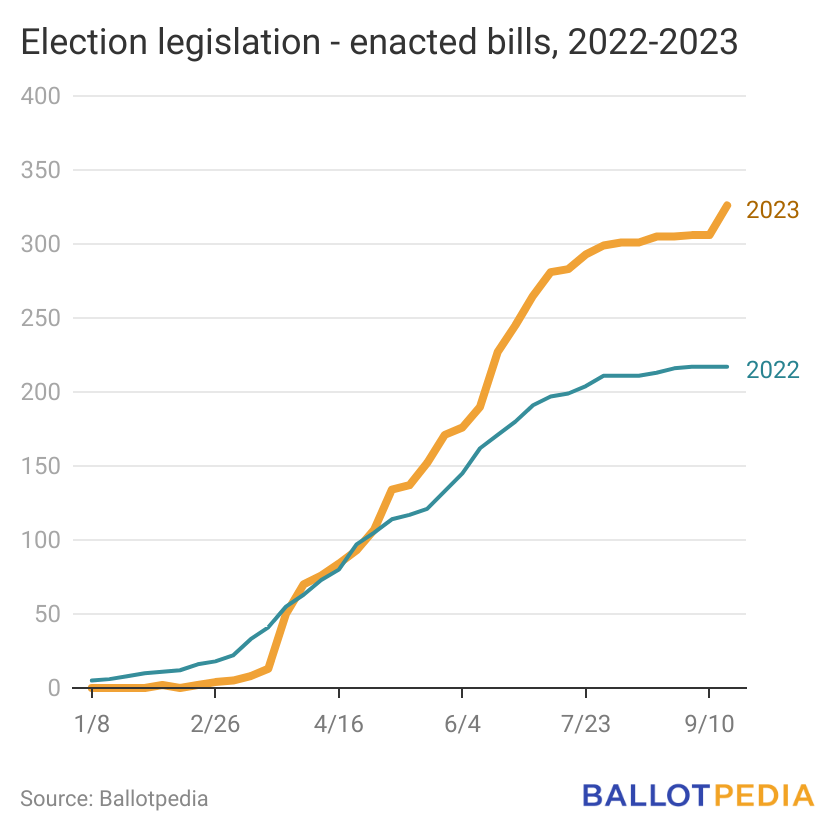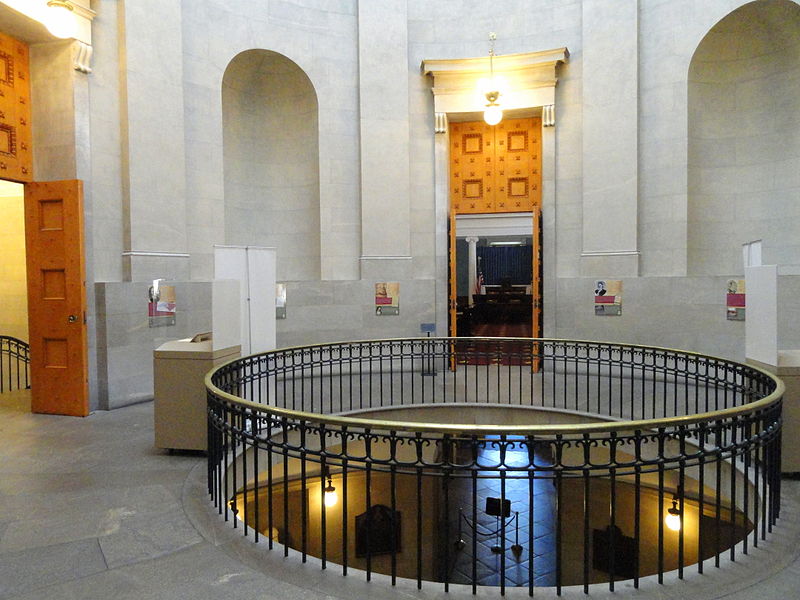As of Sept. 17, members of the North Carolina General Assembly, which includes the North Carolina House of Representatives and the North Carolina State Senate, have passed 15 bills related to election administration since the beginning of the year. Of those 15 bills, legislators passed one during the week of Sept. 11-17. Republicans sponsored the one bill. The bill is:
- NC S169: Local Omnibus Changes, Sen. Steve Jarvis (R).
- As amended, this bill provides that Gastonia City Council members will be elected from single-member districts by the voters in those districts, rather than one member being elected from each district by the voters of the whole city. The bill defines the electoral districts as the wards the city council approved on May 3, 2022.
Of the 15 bills passed this year, 14 have been enacted. Republicans sponsored 11 bills, while Democrats sponsored one. A bipartisan group of legislators sponsored two. Five of the 14 bills are:
- NC S169: Local Omnibus Changes, Sen. Steve Jarvis (R).
- As amended, this bill provides that Gastonia City Council members will be elected from single-member districts by the voters in those districts, rather than one member being elected from each district by the voters of the whole city. The bill defines the electoral districts as the wards the city council approved on May 3, 2022.
- NC H57: Harmony/Love Valley Election Changes, Reps. Lindsey Prather (D), Jennifer Capps Balkcom (R), and William Ward (R).
- As amended, this bill:
- Establishes that regular municipal elections in the Town of Harmony will be held at the time of the general election in even-numbered years.
- Establishes that municipal elections in the Town of Love Valley will be held at the time of the general election in even-numbered years.
- Provides that these mayoral and town council elections will be nonpartisan and plurality based, and that elected officials will serve four-year terms with council members’ terms being staggered.
- As amended, this bill:
- NC H135: Even-Year Elections/City of Trinity, Reps. Brian Biggs (R) and Jonathan Hardister (R).
- As amended, this bill strikes outdated provisions regarding actions to take place in 2017. Additionally, the bill provides that regular municipal elections will take place at the time of the general election in even-numbered years. Municipal elections will be conducted according to uniform municipal election laws.
- S265: Increase Municipal Election Participation Act, Sen. Tim Moffitt (R).
- As amended, this bill:
- Provides that regular municipal elections in Flat Rock, Fletcher, Hendersonville, Laurel Park, Mills River, Columbus, Saluda, Tryon, Bostic, Chimney Rock, Ellenboro, Forest City, Lake Lure, Ruth, Rutherfordton, and Spindale (all the municipalities in Hendersonville, Polk, and Rutherford Counties) to be held at the time of general elections in even-numbered years.
- Changes the term of office for the mayor of the Town of Tryon from two years to four years.
- Changes the term of office for the mayor and commissioners for the Town of Ruth from two years to four years.
- Provides that all members of the Polk County Board of Commissioners are elected for terms of four years.
- Clarifies all election changes to start in 2024.
- As amended, this bill:
- NC H229: Stagger/Extend Terms of Town Officers/Halifax, Rep. Michael Wray (D).
- As introduced, this bill amends the charter for the town of Halifax to establish four-year staggered terms for the mayor and commissioners, align municipal elections with the general election in odd-numbered years, and elect these positions on a nonpartisan plural basis in accordance with uniform municipal election procedures. The bill also provides for the upcoming election schedule.
From Sept. 11-17, legislators passed 11 bills related to election administration nationally. As of Sept. 17, Texas legislators have passed the most bills this year with 35, while legislators in six states have passed the fewest bills with zero. The state with the most enacted bills is Texas with 33, while six states have enacted none.


The General Assembly of North Carolina was scheduled to be in regular session from Jan. 11 to Aug. 31 this year. In 2022, North Carolina legislators passed one election-related bill in the state House. The bill was not enacted into law. North Carolina is a divided government, meaning neither party holds trifecta control.
Additional reading:


